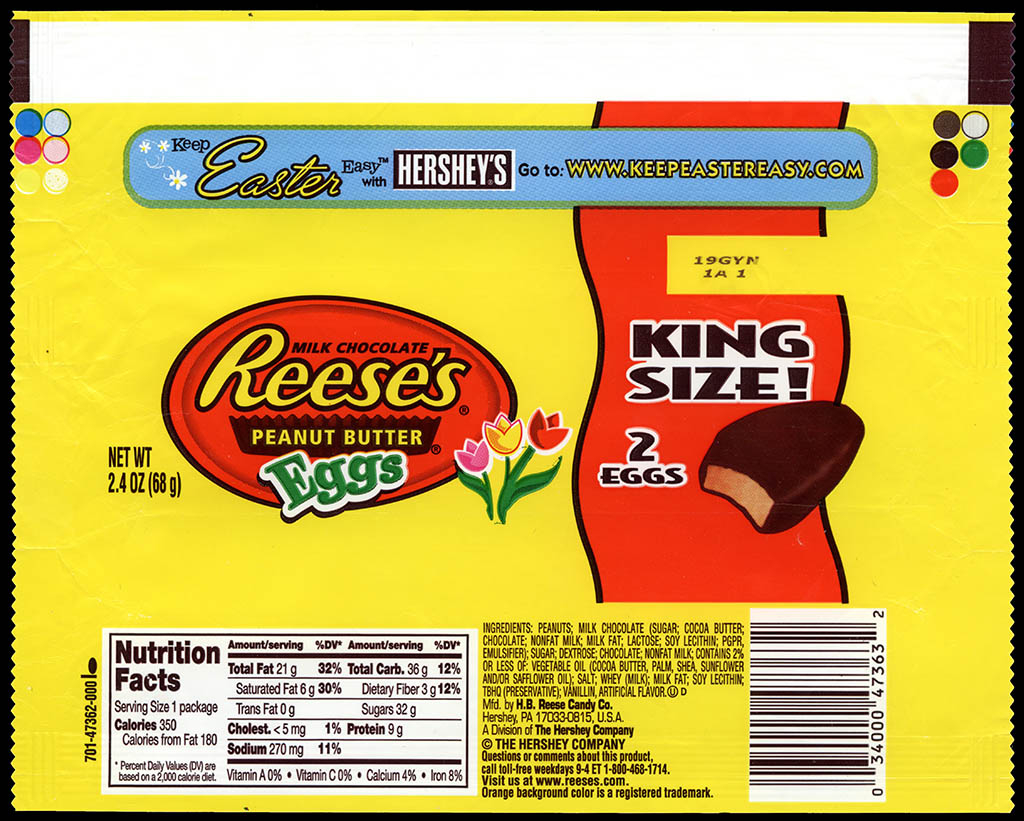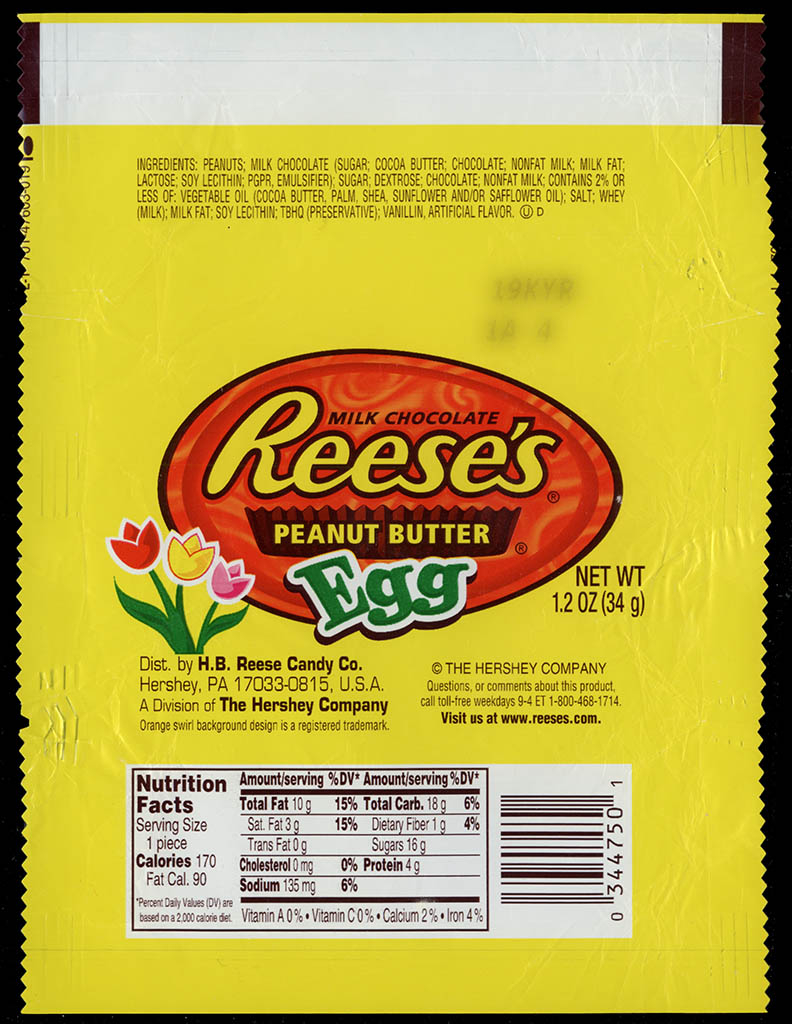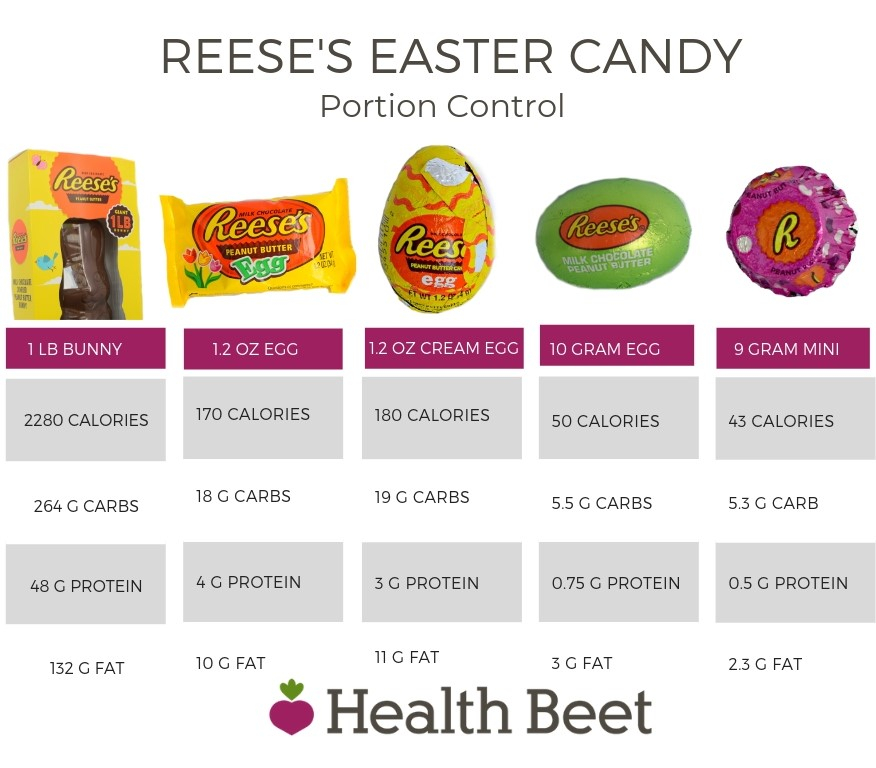Reese’s Mini Eggs Nutrition Information – Learn about the essential nutritional breakdown of Reese’s Mini Eggs Nutrition Information. For those who care about nutrition, knowing the macronutrient profile of Reese’s Mini Eggs Nutrition Information remains crucial.
Calories & Macronutrient Breakdown
- Caloric Content: May differ based on ingredients.
- Carbs: Depends on preparation.
- Roughage: Supports gut health.
- Total Sugar: May include natural or refined sugars.
- Protein: Amount varies by source.
- Lipid Profile: Includes different types of fats.
- Unhealthy Fats: Can contribute to cholesterol levels.
- Unsaturated Fats: Often found in natural sources.
- Processed Fats: Linked to health concerns.
Vitamins & Minerals
- Key Nutrients: Varies depending on source Vitamin A, C, D, B12.
- Key Minerals: Contains Calcium, Iron, Magnesium, Potassium.
What’s Inside?
Knowing the composition of Reese’s Mini Eggs Nutrition Information allows you to make more informed selections.
- Primary Ingredients: Includes natural and processed ingredients.
- Additives & Preservatives: May contain artificial additives.
- Potential Allergens: Depends on production methods.
Advantages & Drawbacks
Potential Advantages
- Helps with wellness.
- Enhances energy levels.
Potential Risks
- High in unhealthy fats.
- Could be harmful for those with food allergies.
How to Enjoy
To get the most out of Reese’s Mini Eggs Nutrition Information, try these ways to consume it:
- Best served a meal replacement.
- Combines well with healthy food choices.
- Perfect for before workouts.
Similar Products
Looking for a healthier option? Check out these alternatives:
- Better Choices: Explore whole foods.
- Comparison with Other Brands: In comparison with [Another Product], this offers more benefits.
Final Thoughts
In summary, Reese’s Mini Eggs Nutrition Information can be a good choice when chosen wisely. Choose nutritiously to support your health goals.


